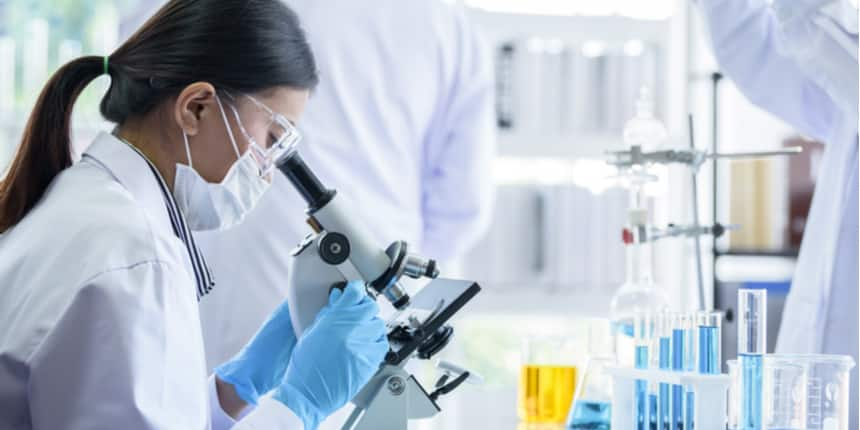Must connect students to national labs to transform innovation in country: PSA
Press Trust of India | September 21, 2021 | 06:36 PM IST | 2 mins read
Principal Scientific Advisor K VijayRaghavan said students studying in state universities and colleges need to be tightly connected to national laboratories.

NEW DELHI: To transform innovation in the country, students studying in state universities and colleges need to be tightly connected to national laboratories, Principal Scientific Advisor K VijayRaghavan said on Tuesday. Speaking at the CII Global Innovation Conclave, he said India is a salt and pepper mix of extraordinary capabilities and possibilities, and technology reach and research need to go into the broader innovation ecosystem of the country.
“The pepper is our national labs which you see in every corner of our country. The salt is our state university system and colleges where 90 per cent of our students go. The salt and pepper needs to be connected very, very tightly and that would transform innovation in India,” VijayRaghavan said.
Also Read | How Indian lawyers, scientists gave Sci-Hub its first legal defence team
He was referring to laboratories of the Council for Scientific and Industrial Research (CSIR), Department of Science and Technology (DST), Department of Biotechnology (DBT), Indian Council for Agriculture Research (ICAR), Department of Atomic Energy, Department of Space, the Defence Research Development Organisation (DRDO). He said the reach of the Atal Tinkering Labs is enormous and that will be scaled even more.
The colleges, state universities will also be involved in research while research in central universities will be enhanced, he added. “This thrust coming from the National Education Policy, the National Research Foundation (NRF) will allow India to jump many many steps in our innovation ranking,” he said while asserting that the government has undertaken “major initiatives of transformation”.
VijayRaghavan said programmes like the cyber-physical system which looks at the Internet of Things (IoT) and a whole range of technologies in partnership with industry and academia aims to change India. The ‘Supercomputing Mission’ by the Department of Science and Technology and Ministry of Information Technology is taking both computer memory, graphics, and Artificial Intelligence (AI) interfaces to such a large scale that these will have enormous impact on health and education, he observed.
Also Read | JEE Main 2021: Check last year’s NIT Trichy cut-offs for BTech programmes
The AI mission will complement this and take India forward in this sector, he added. He said the ‘Deep Ocean Mission’ will link India's bio-economy to exploration and research in the deep ocean. “These are huge investments in R&D into our ecosystem,” he said.
Write to us at news@careers360.com.
Follow us for the latest education news on colleges and universities, admission, courses, exams, research, education policies, study abroad and more..
To get in touch, write to us at news@careers360.com.
Next Story
]NEET is discriminatory, lacks ‘academic validity’: Tamil Nadu panel member
NEET 2021: A member explains how the Tamil Nadu government panel has “scientifically proved” NEET’s bias against low-income, rural students. He calls the committee's findings a 'report for the whole of India'
Pritha Roy Choudhury